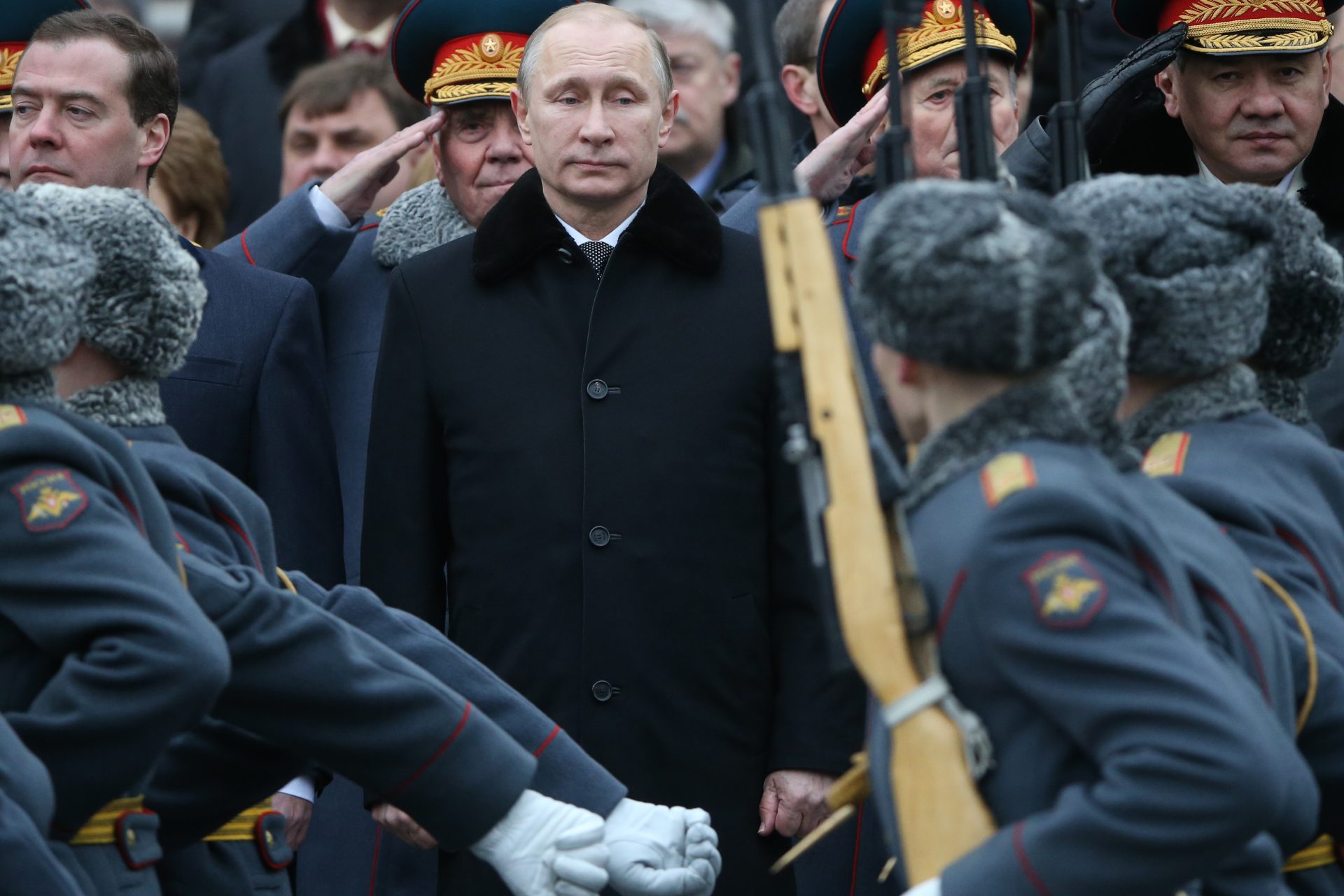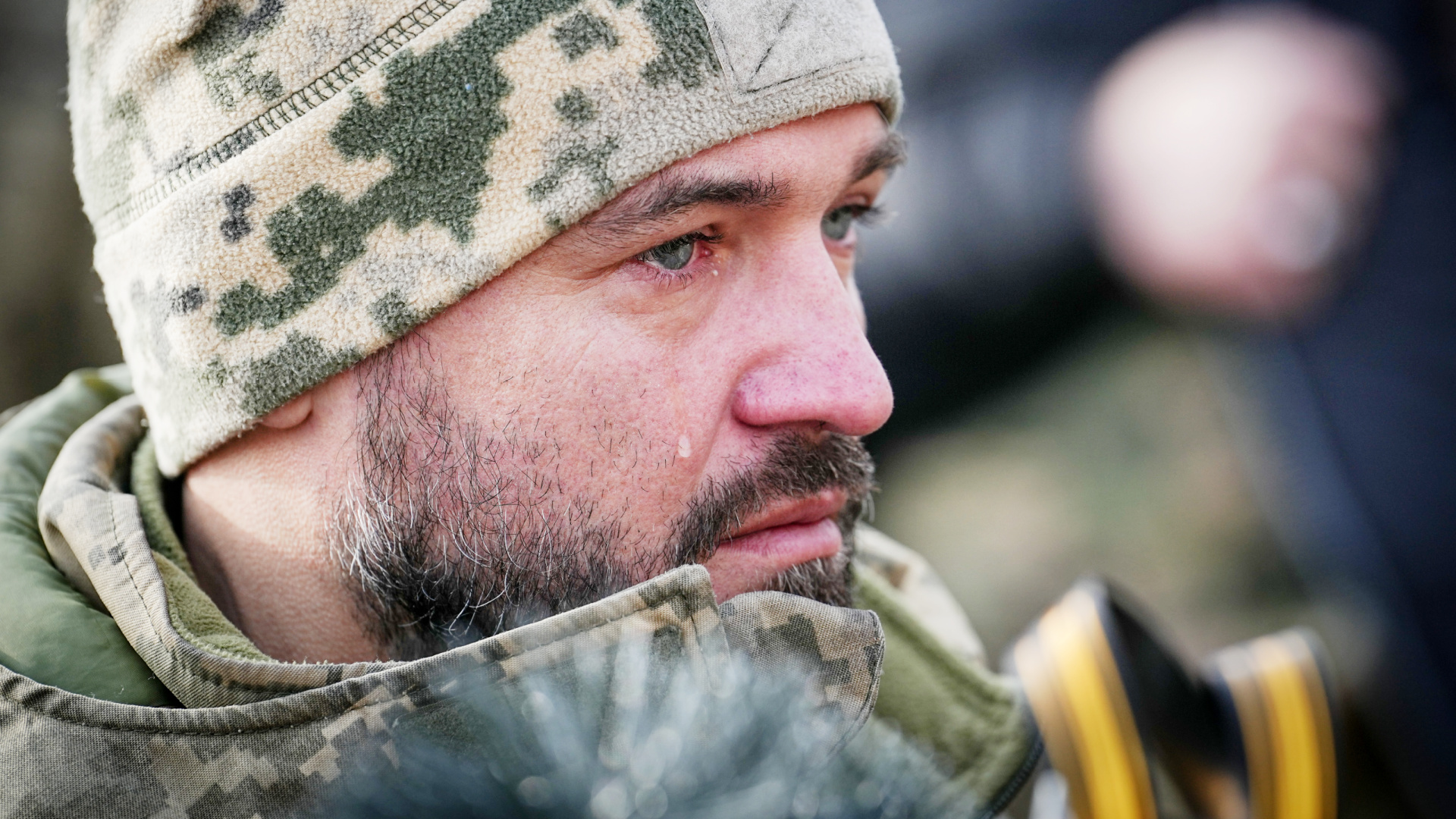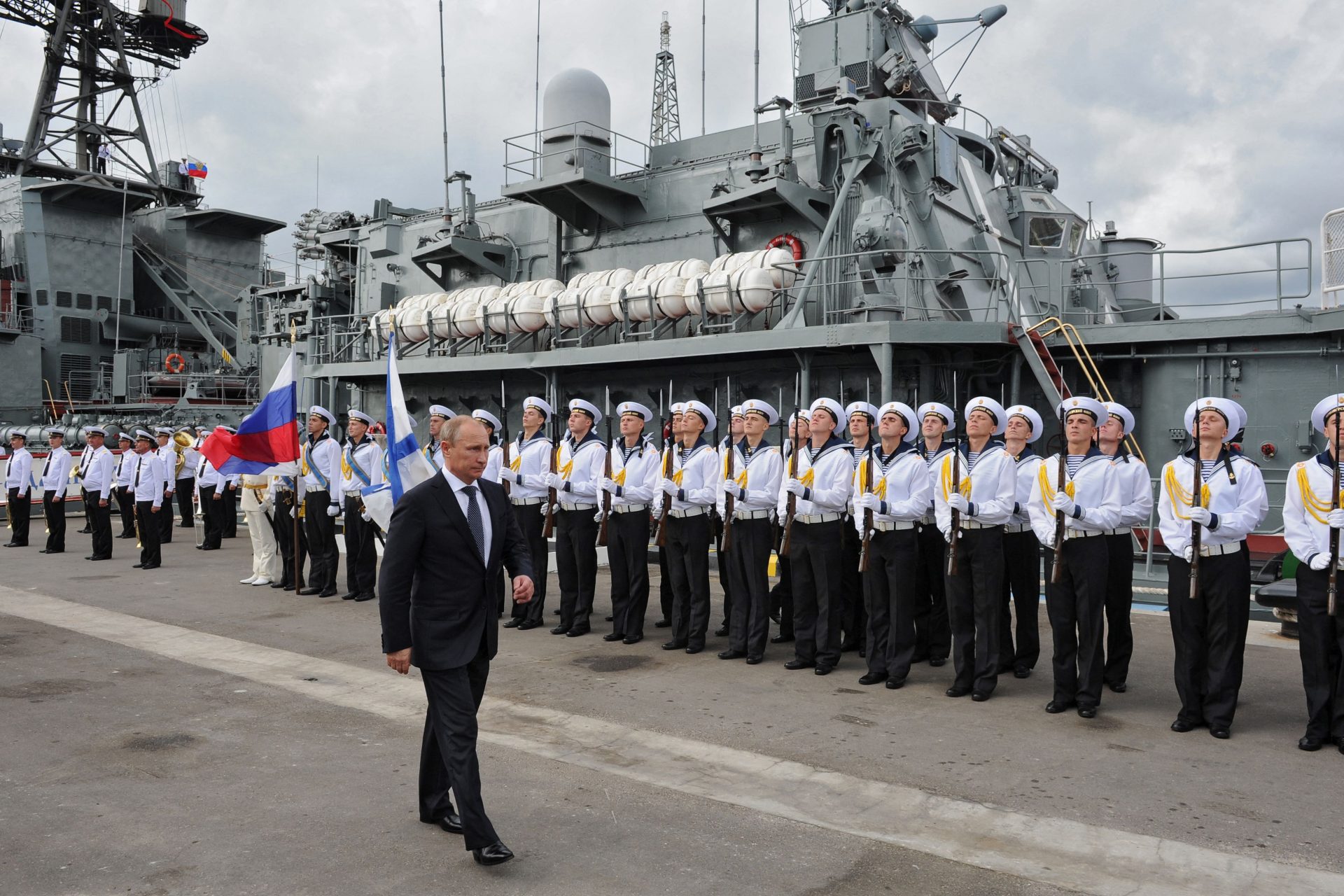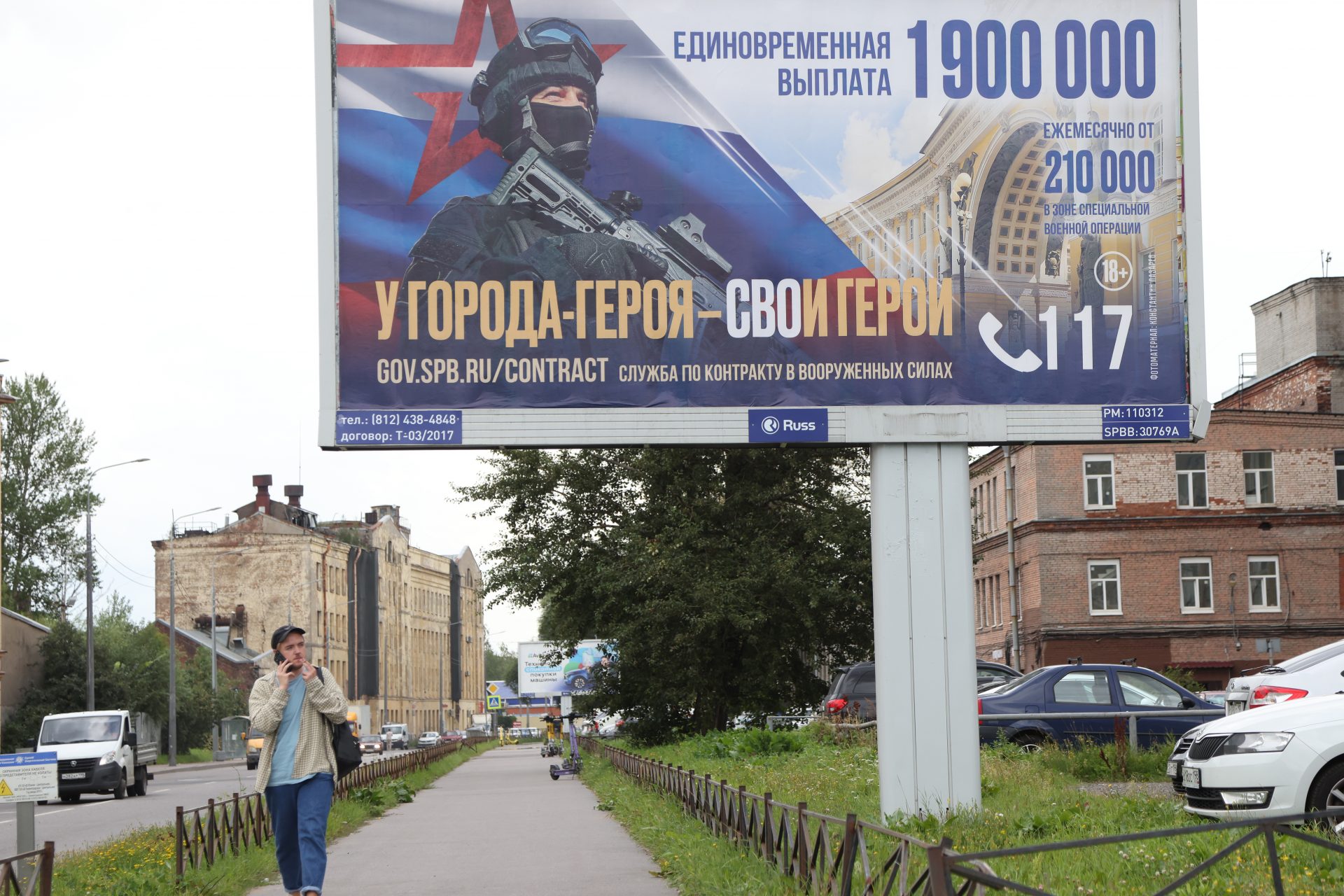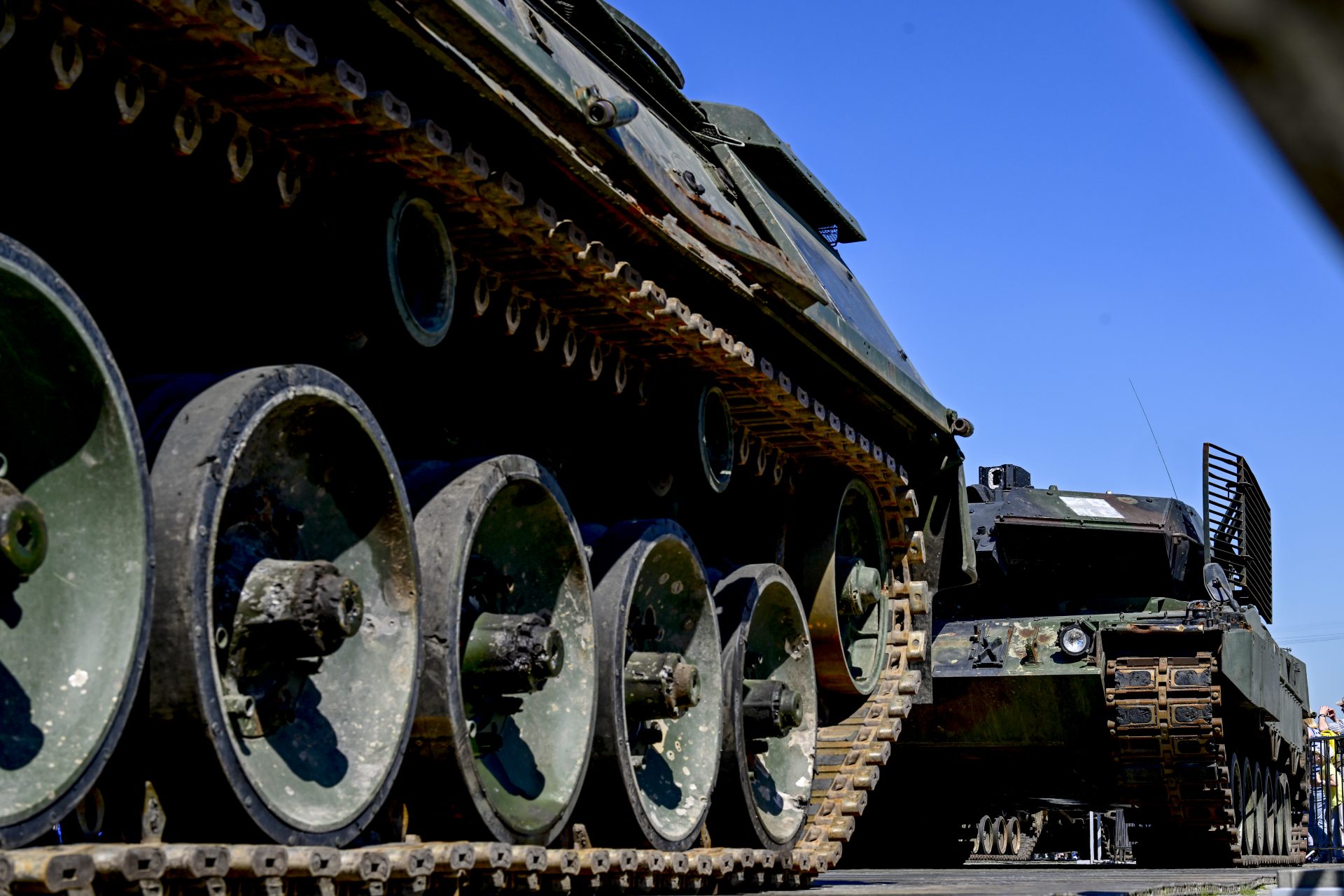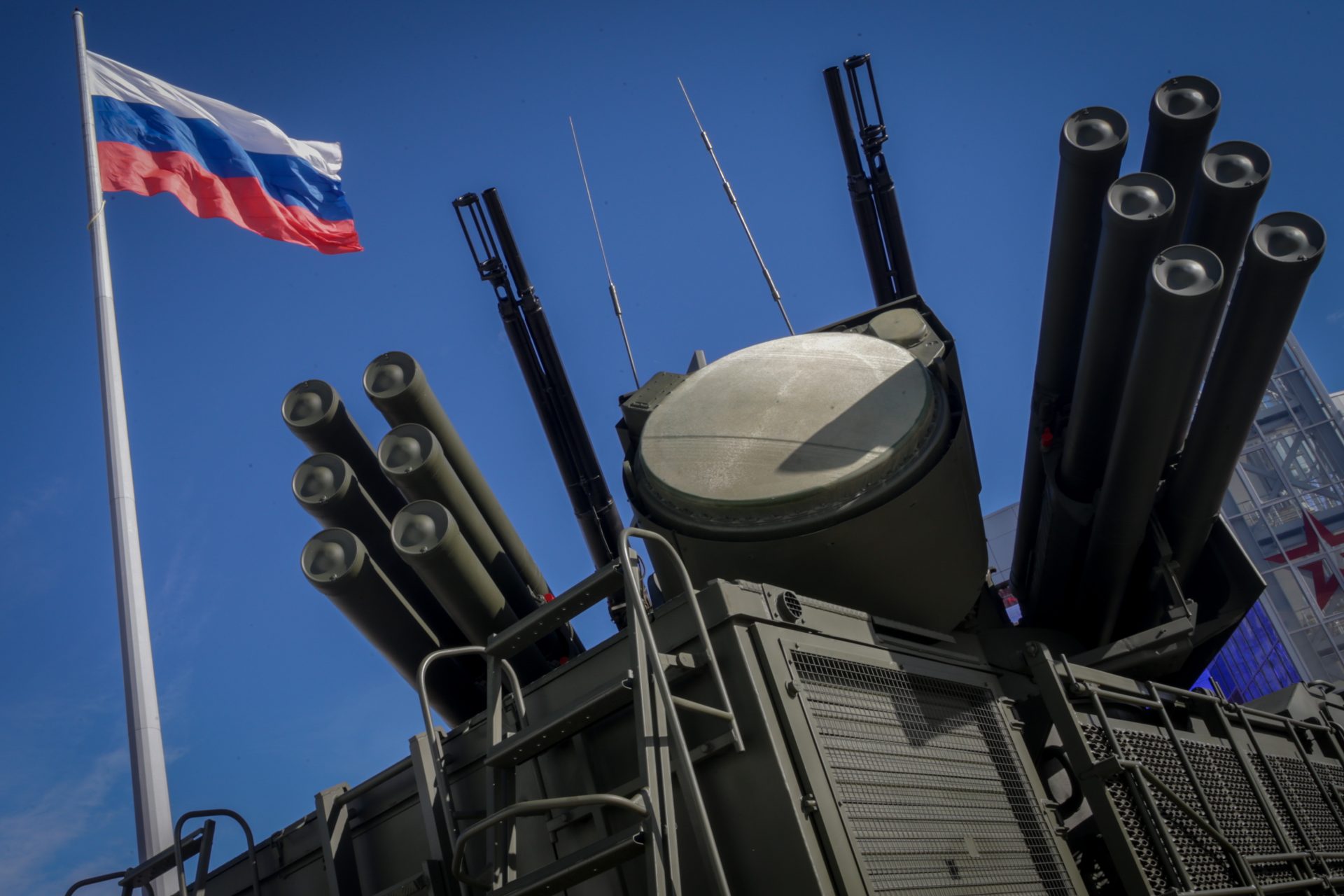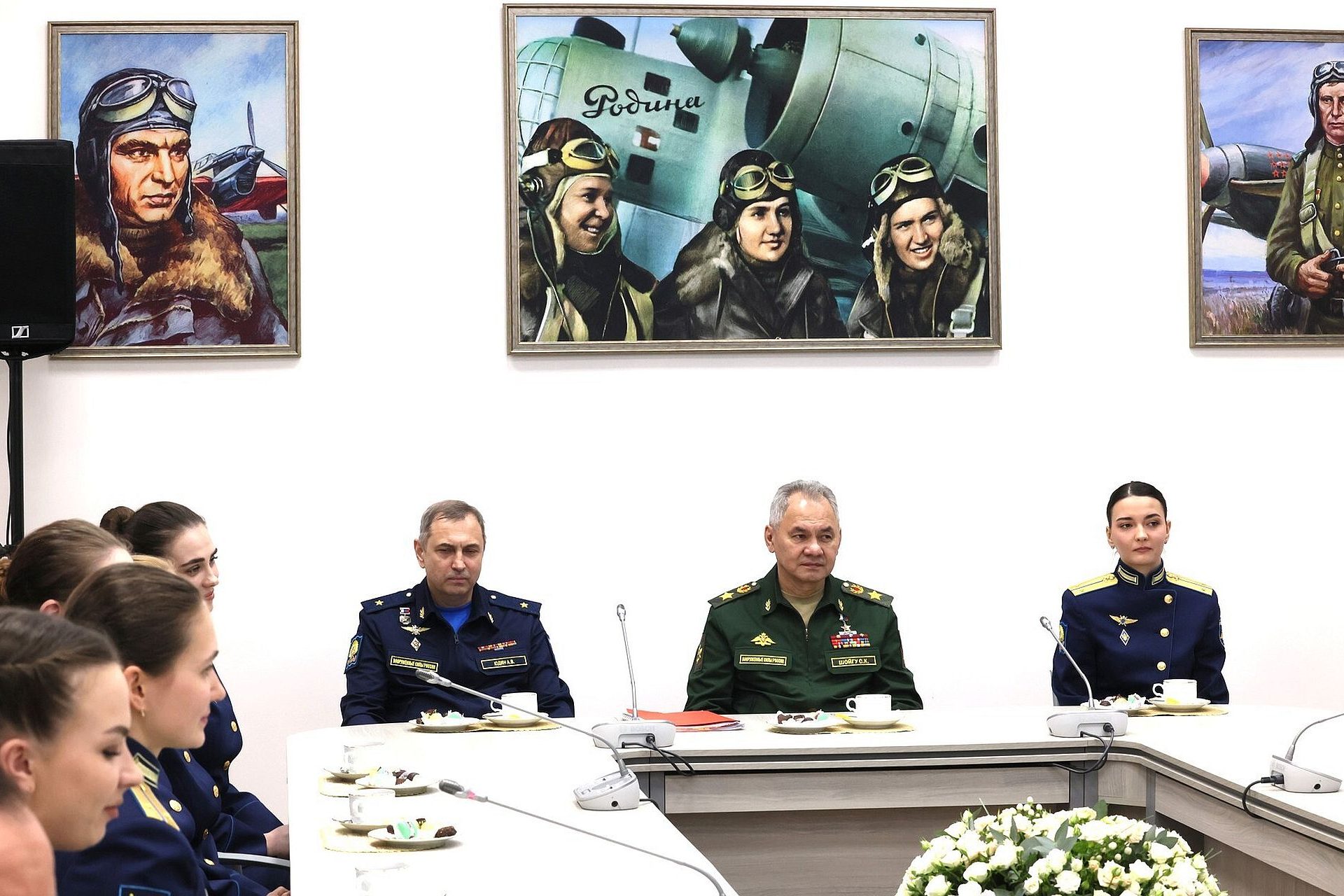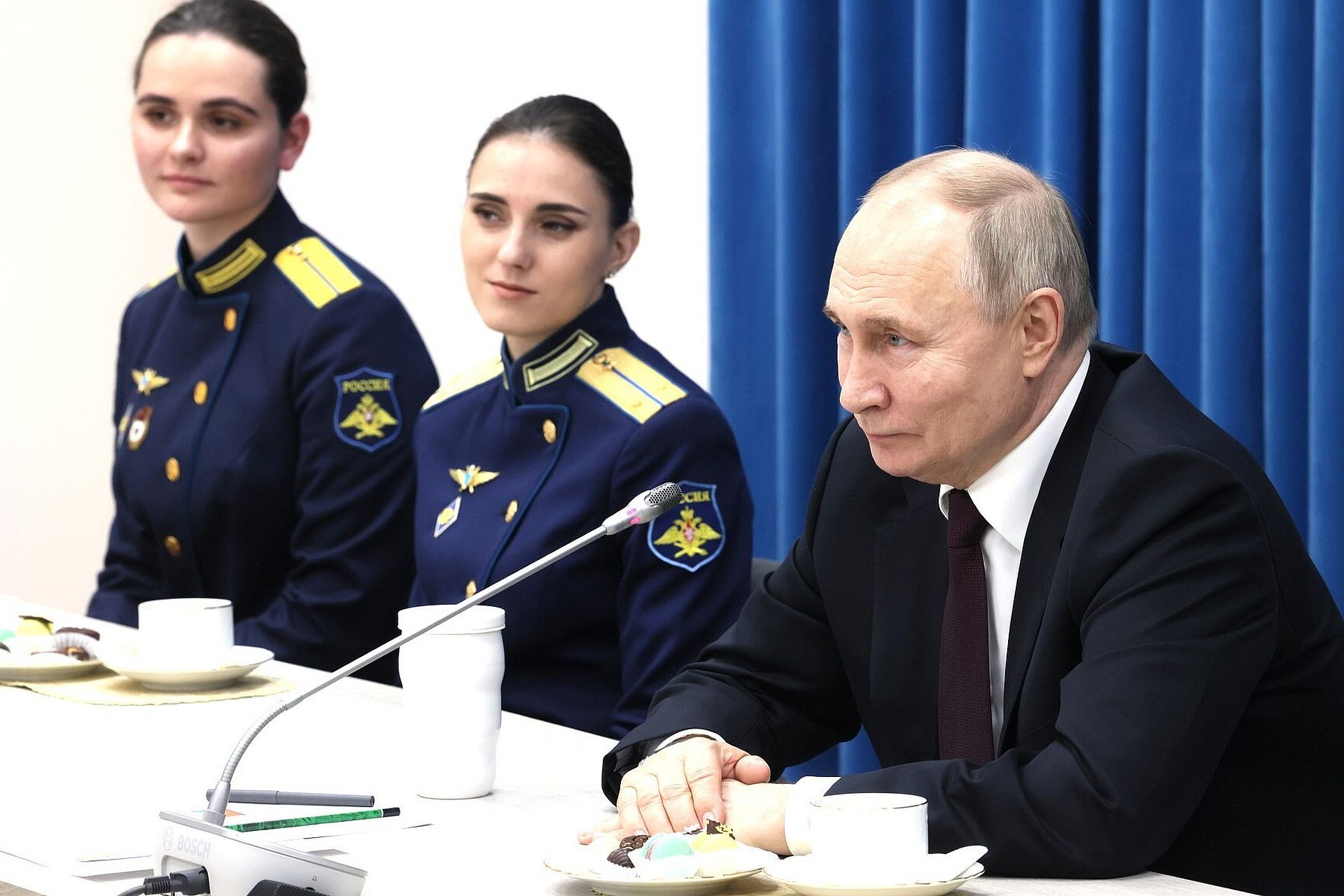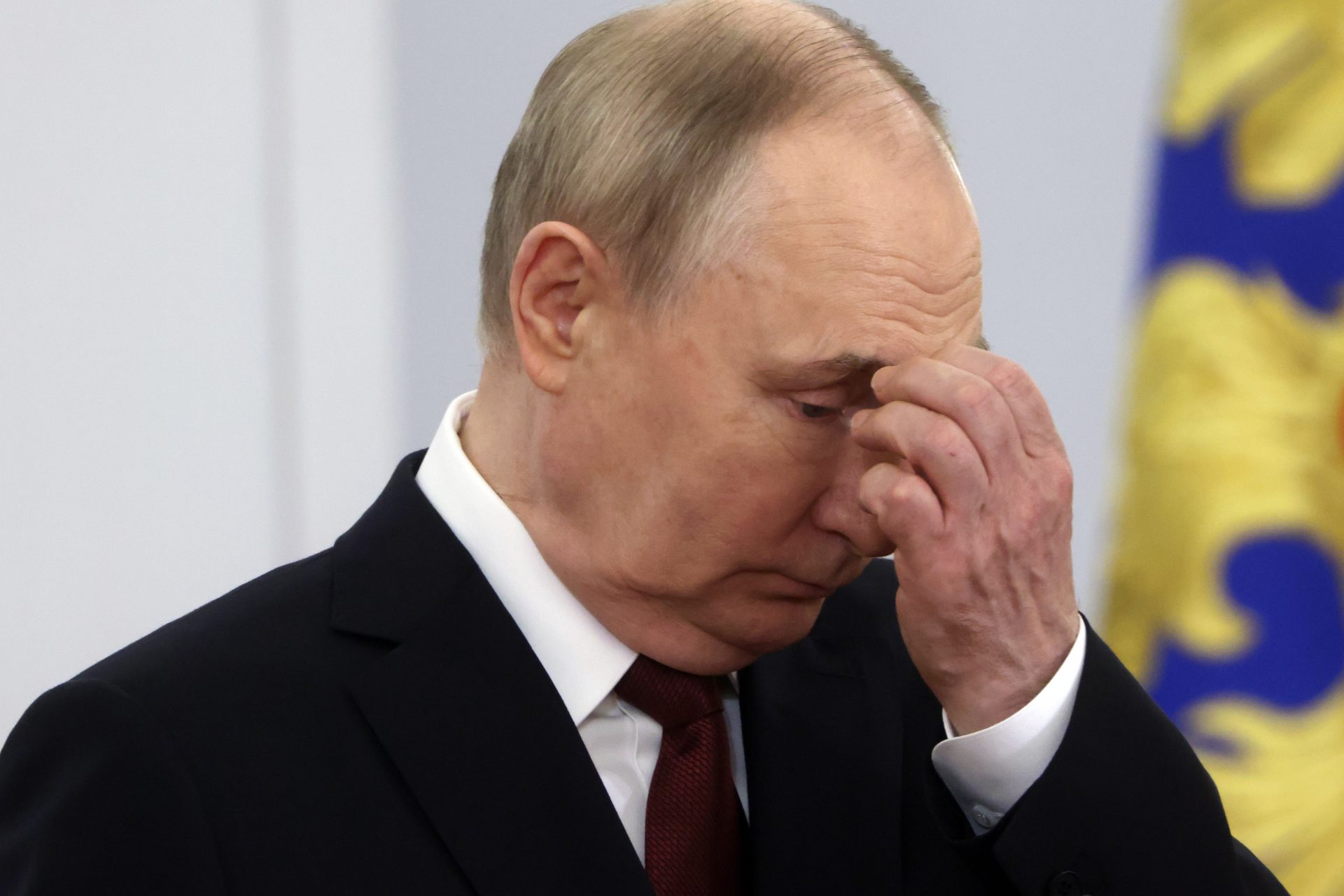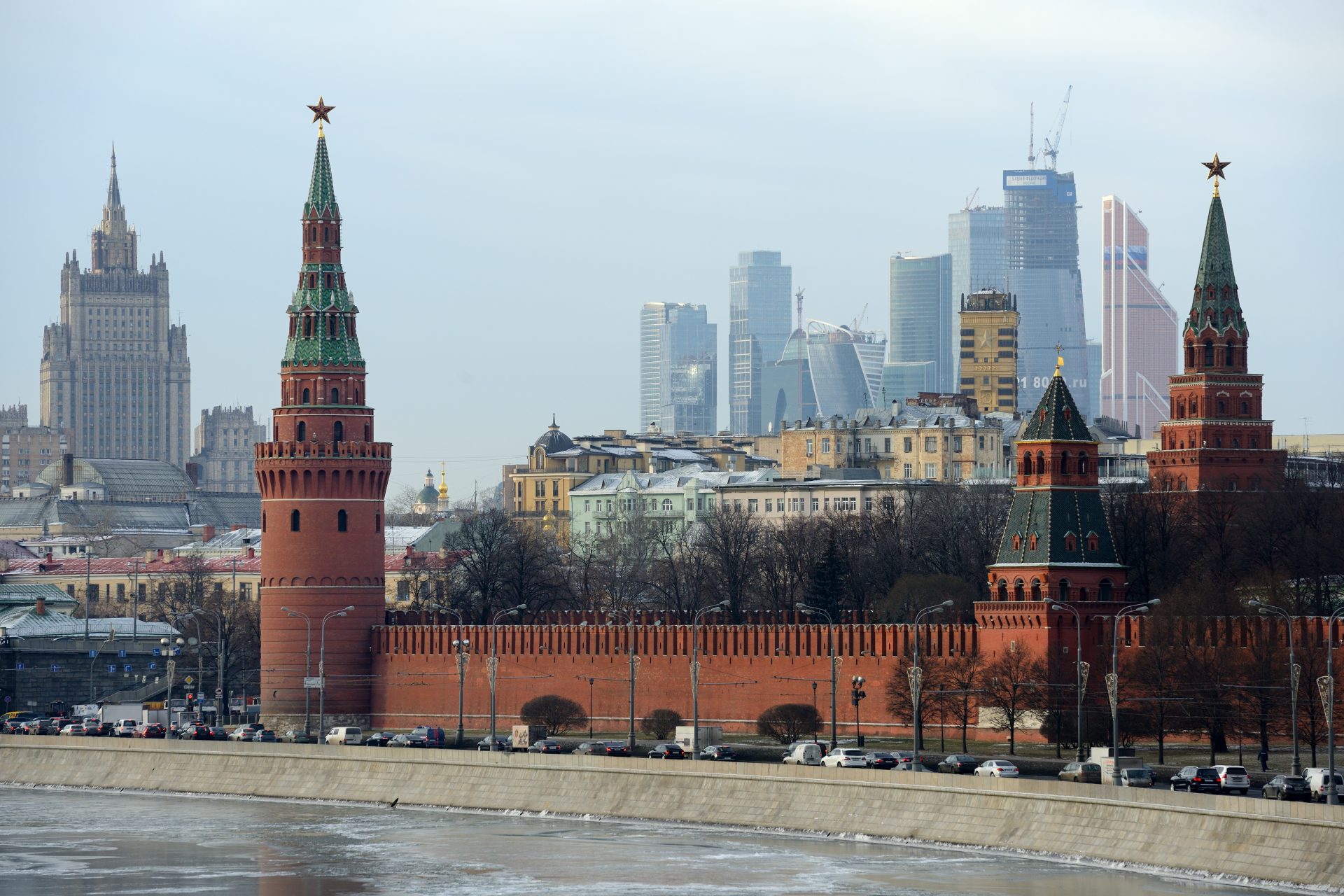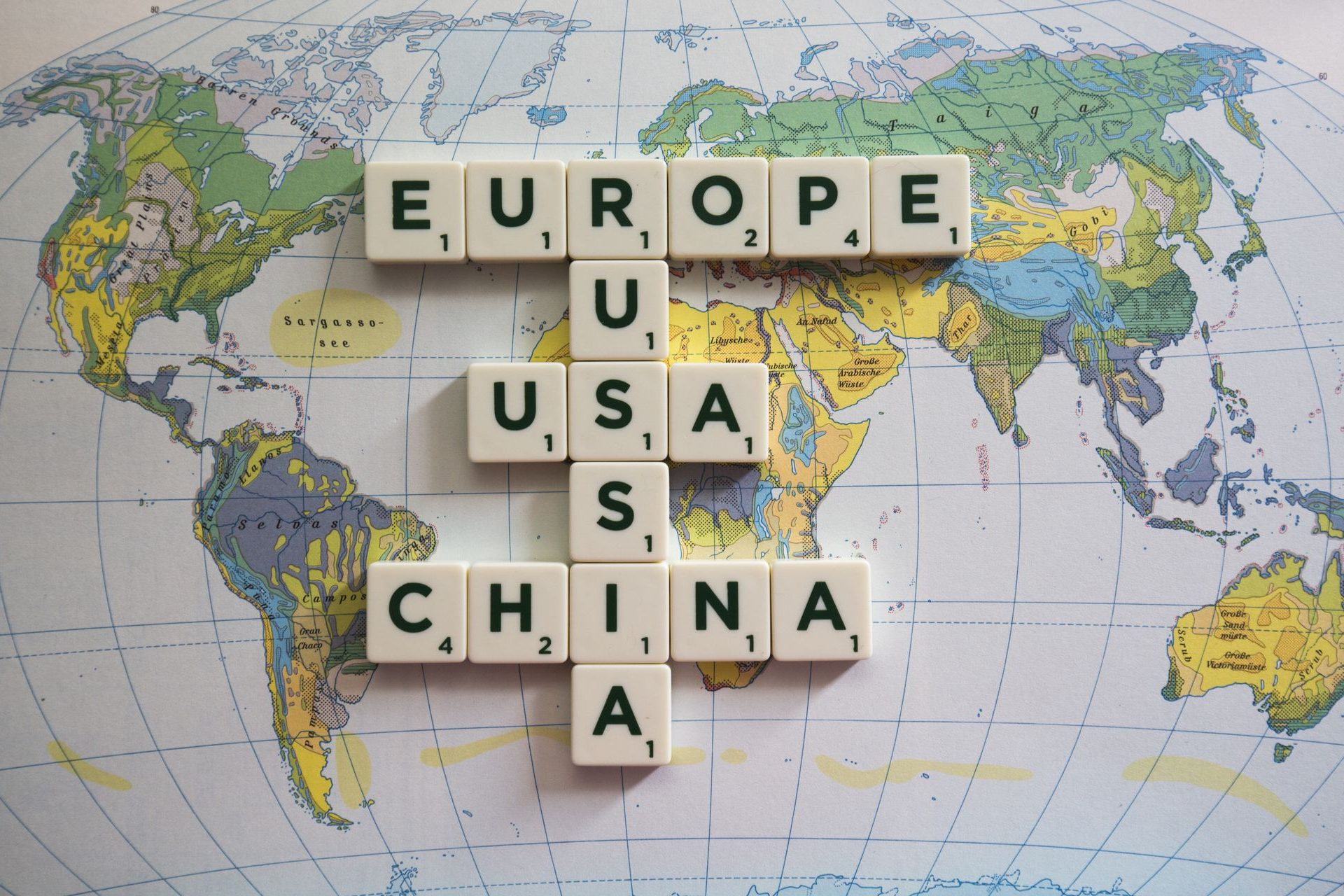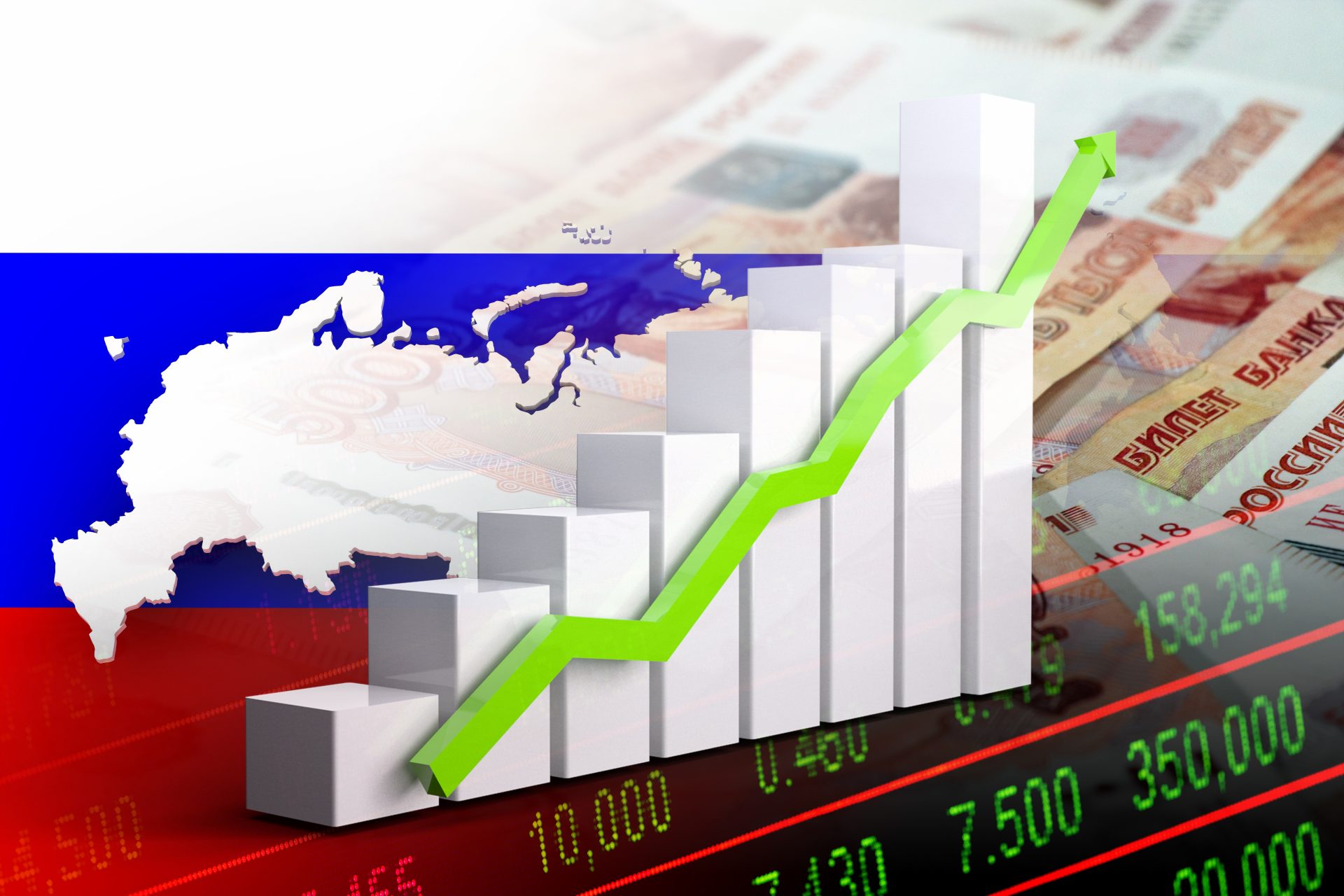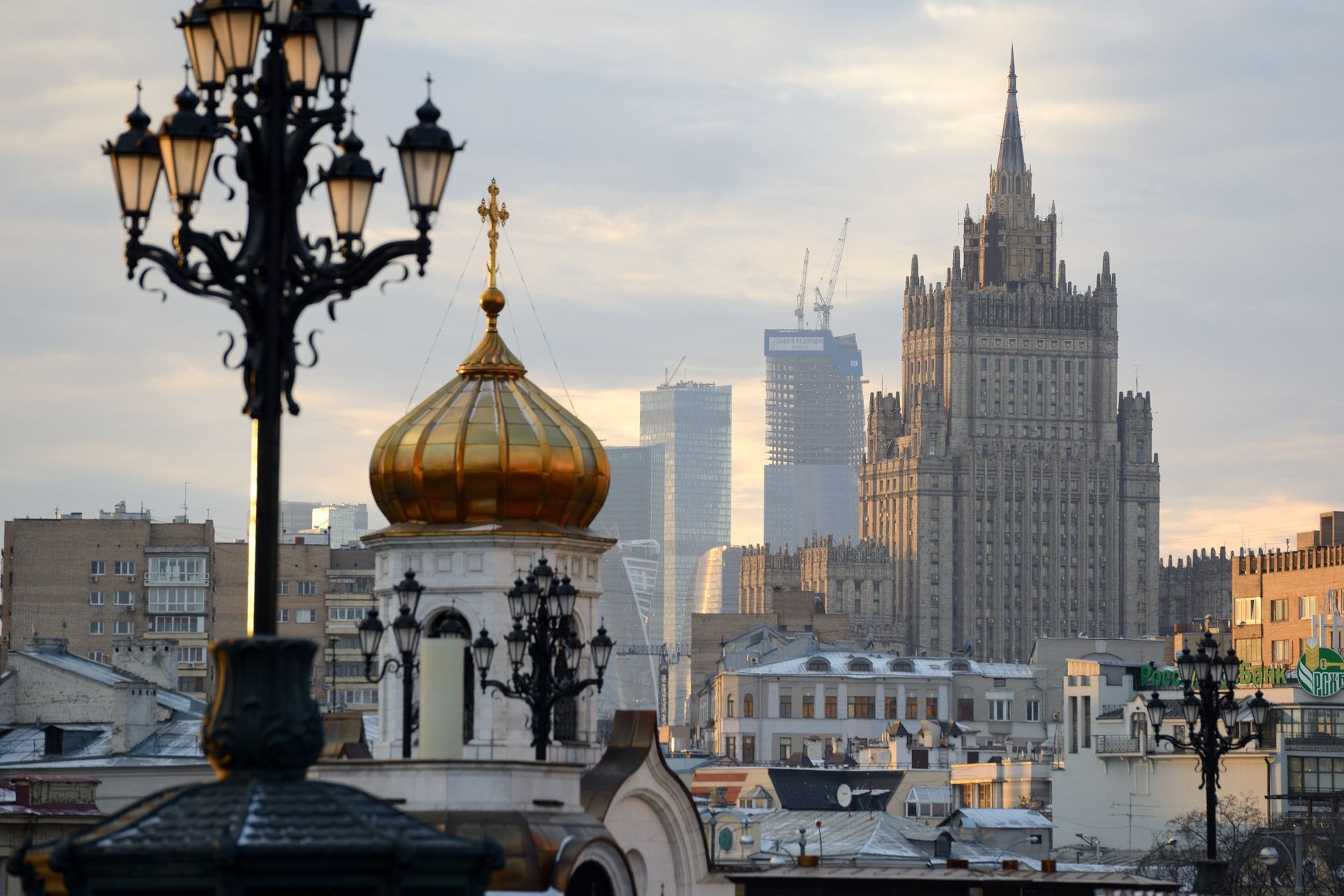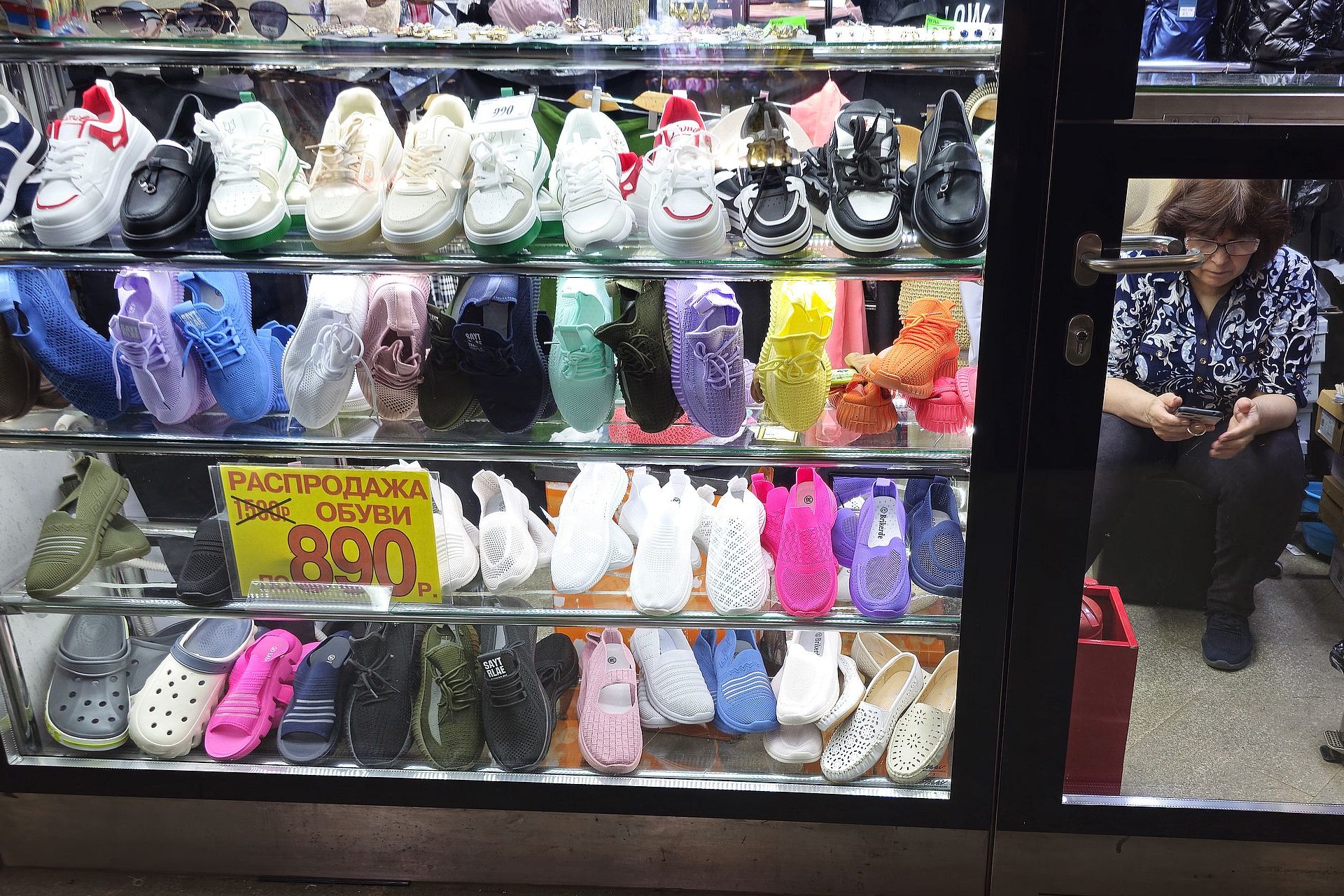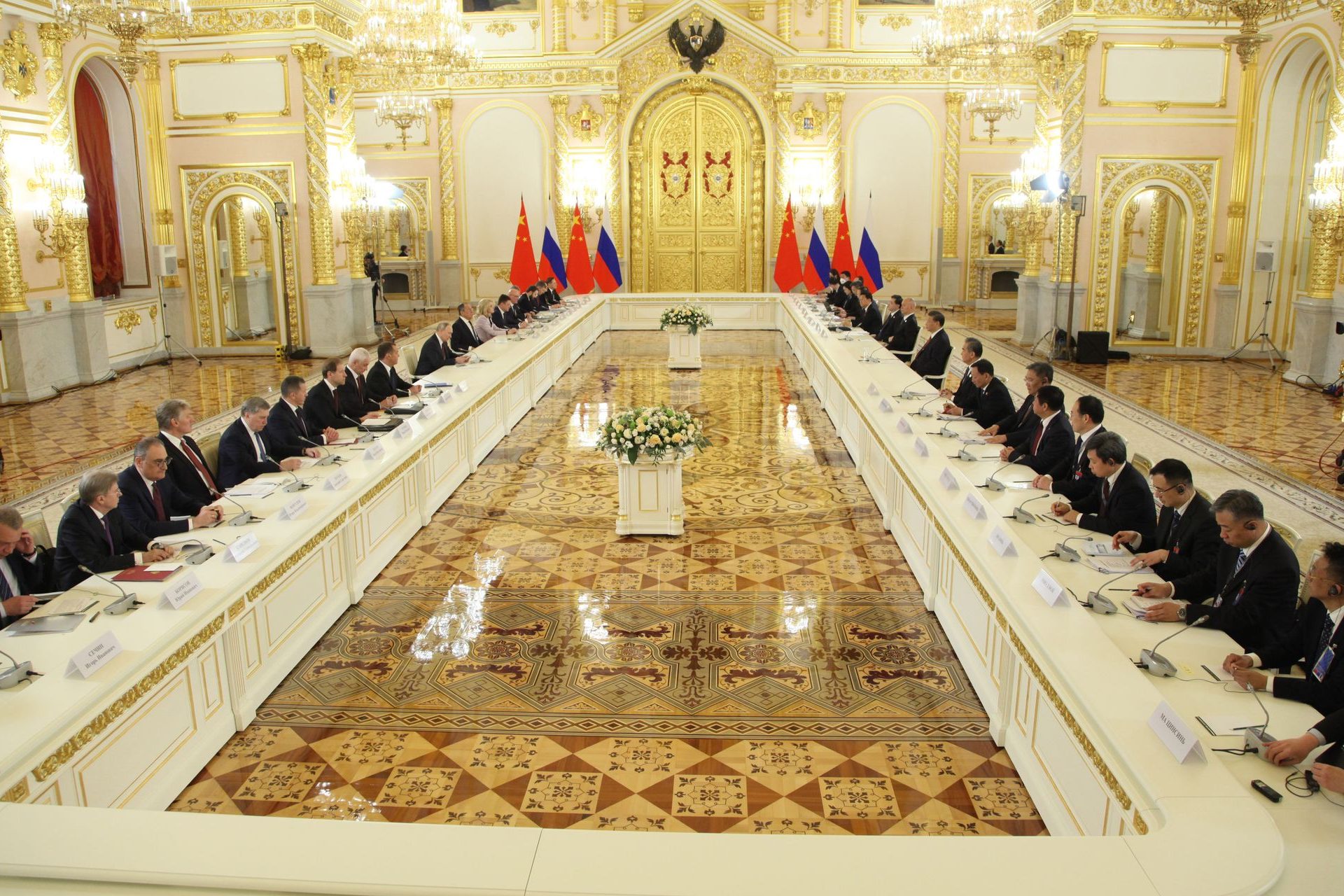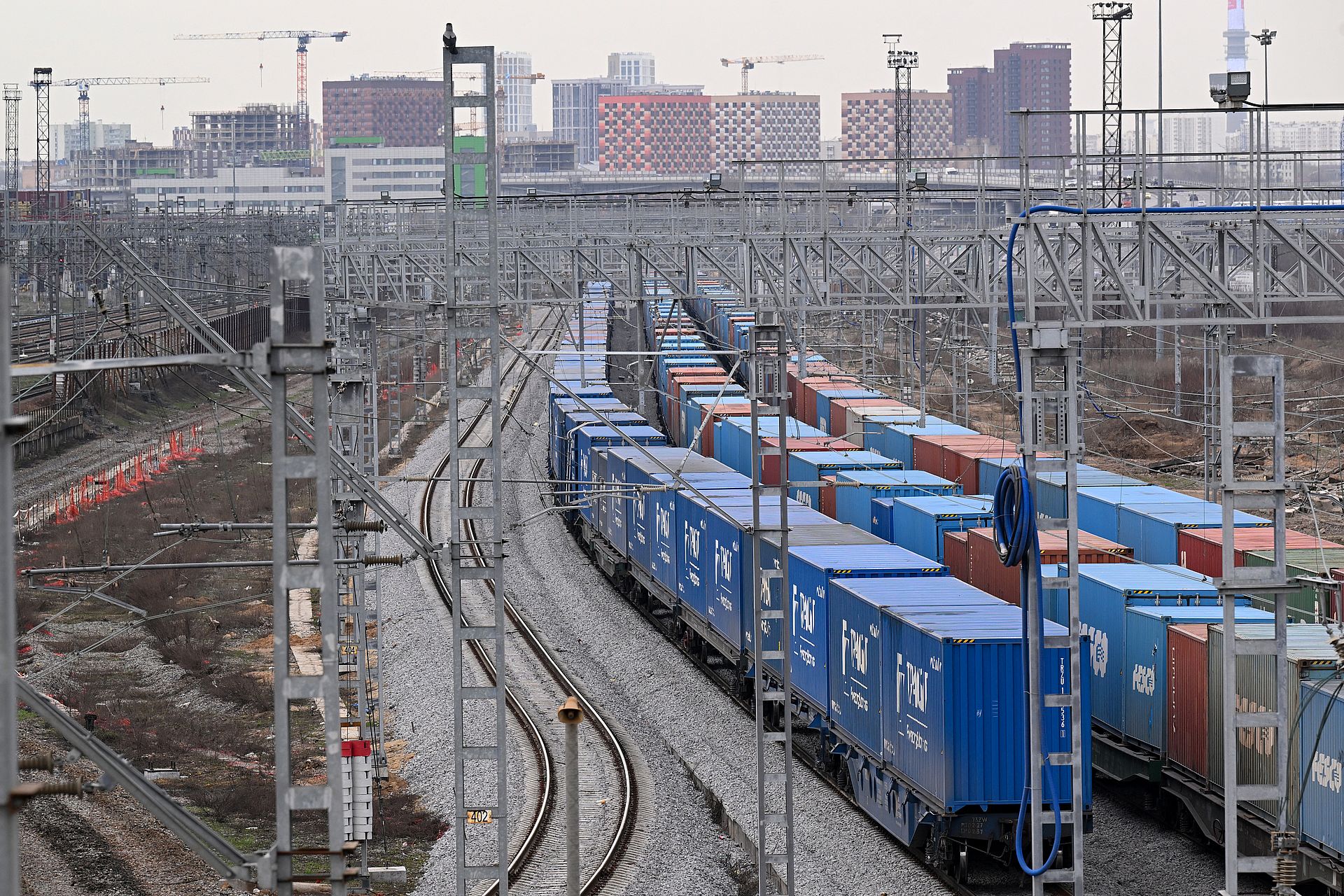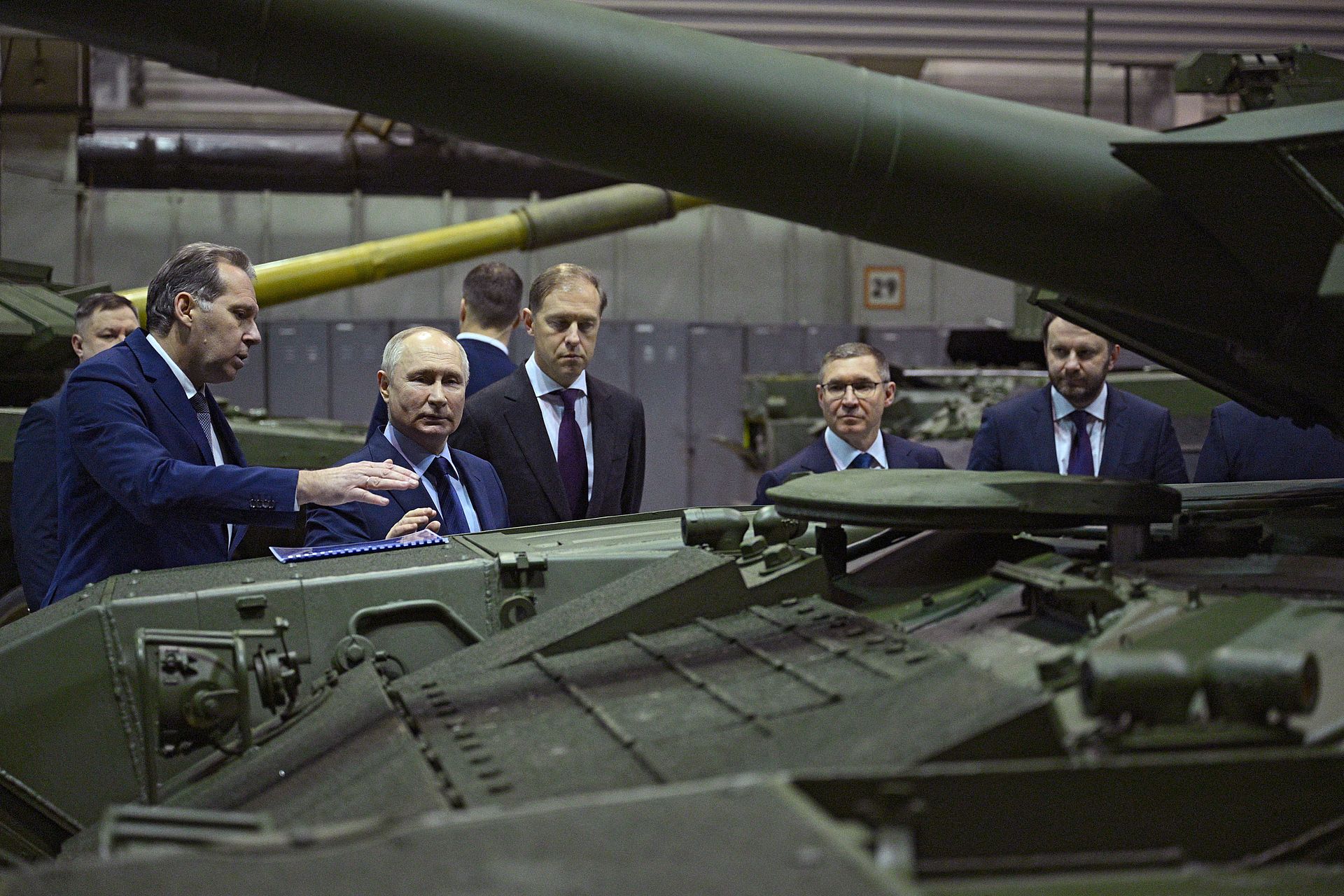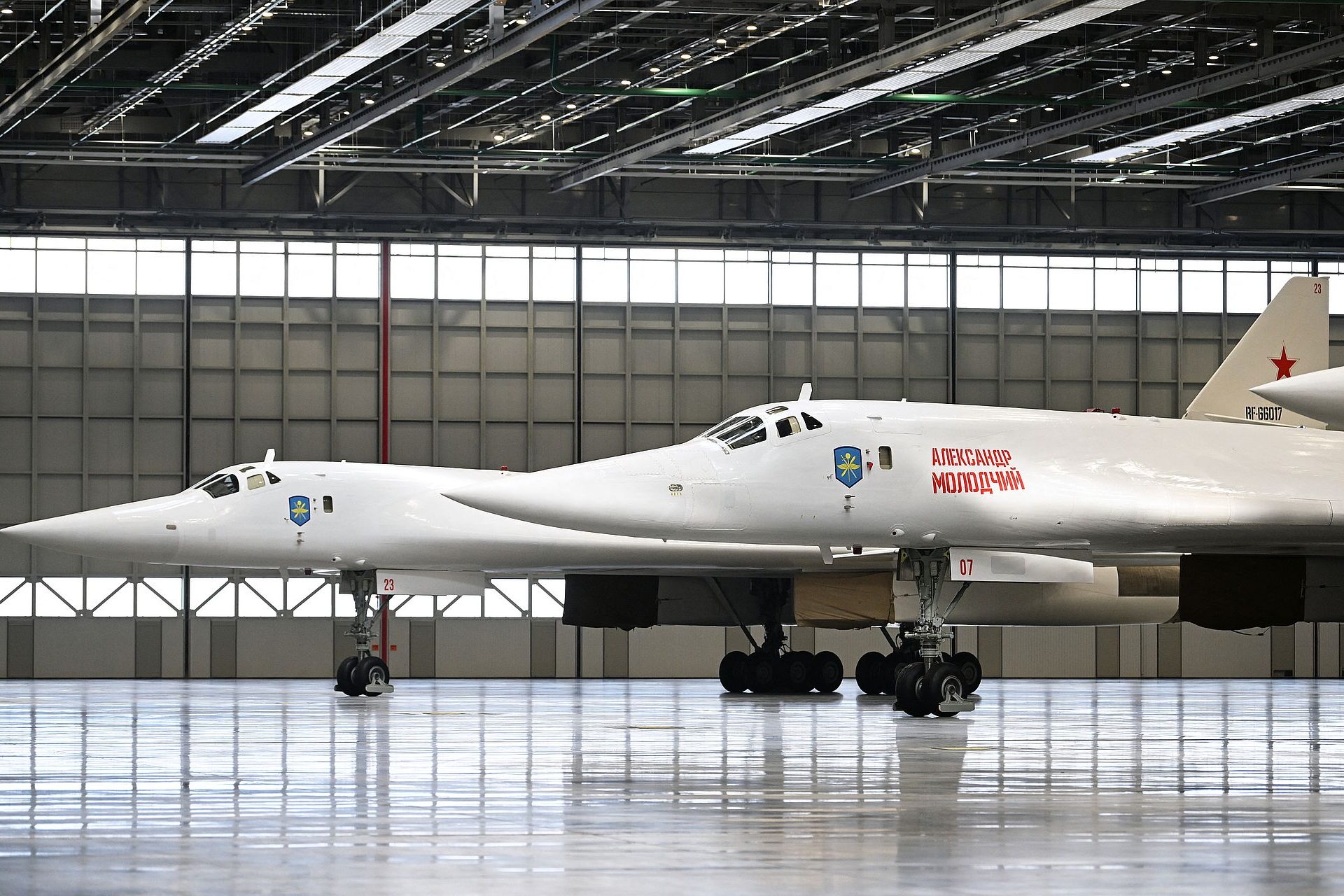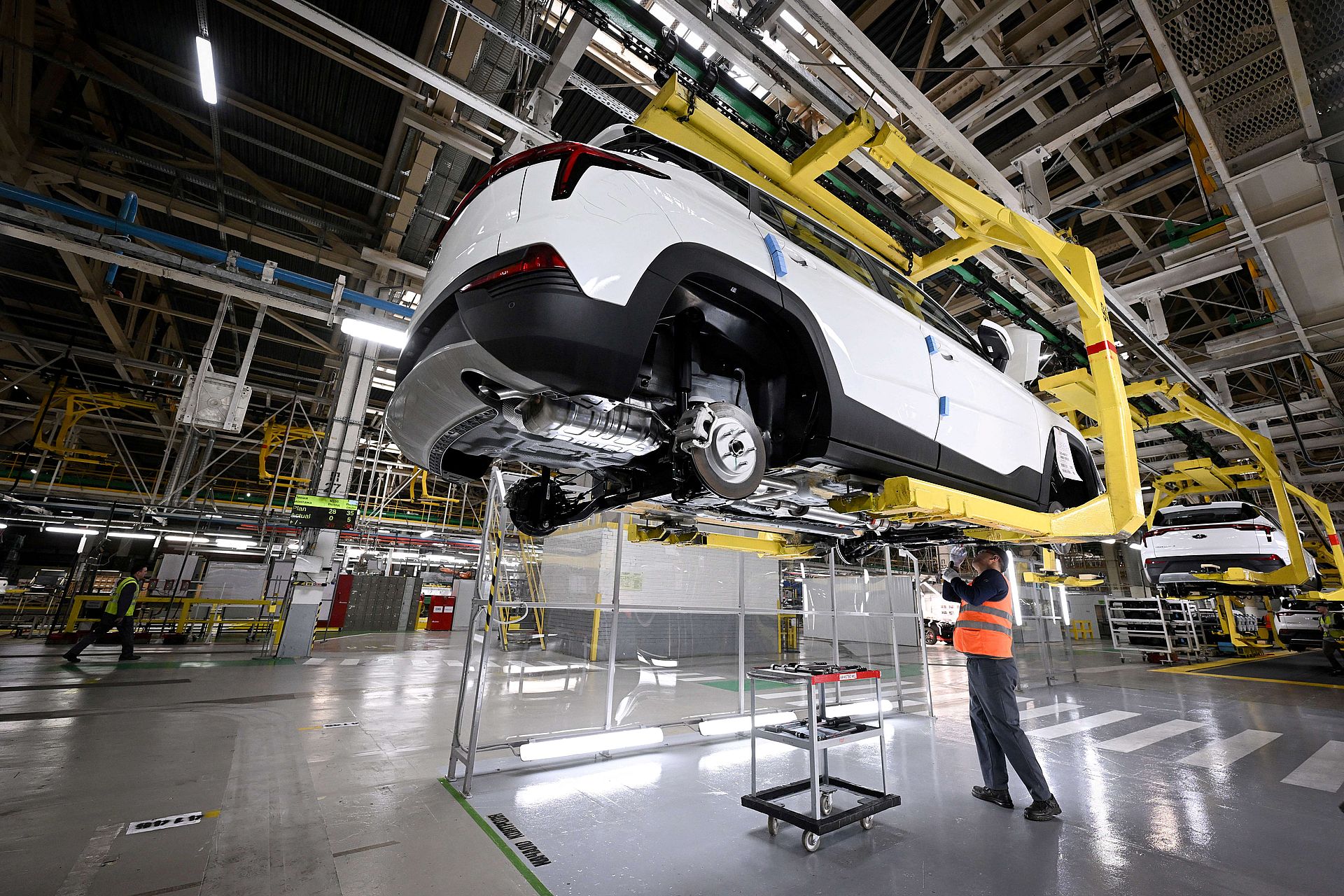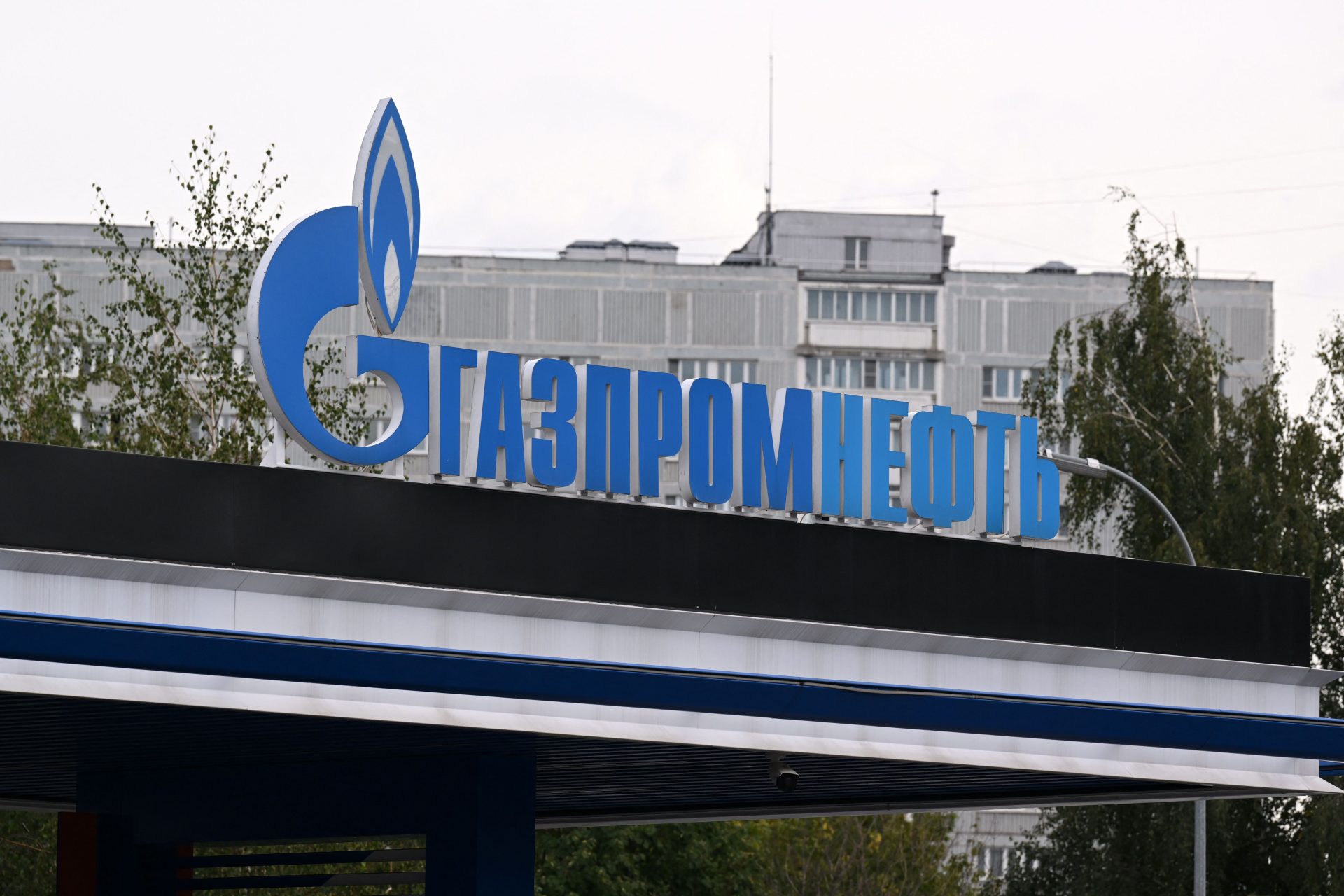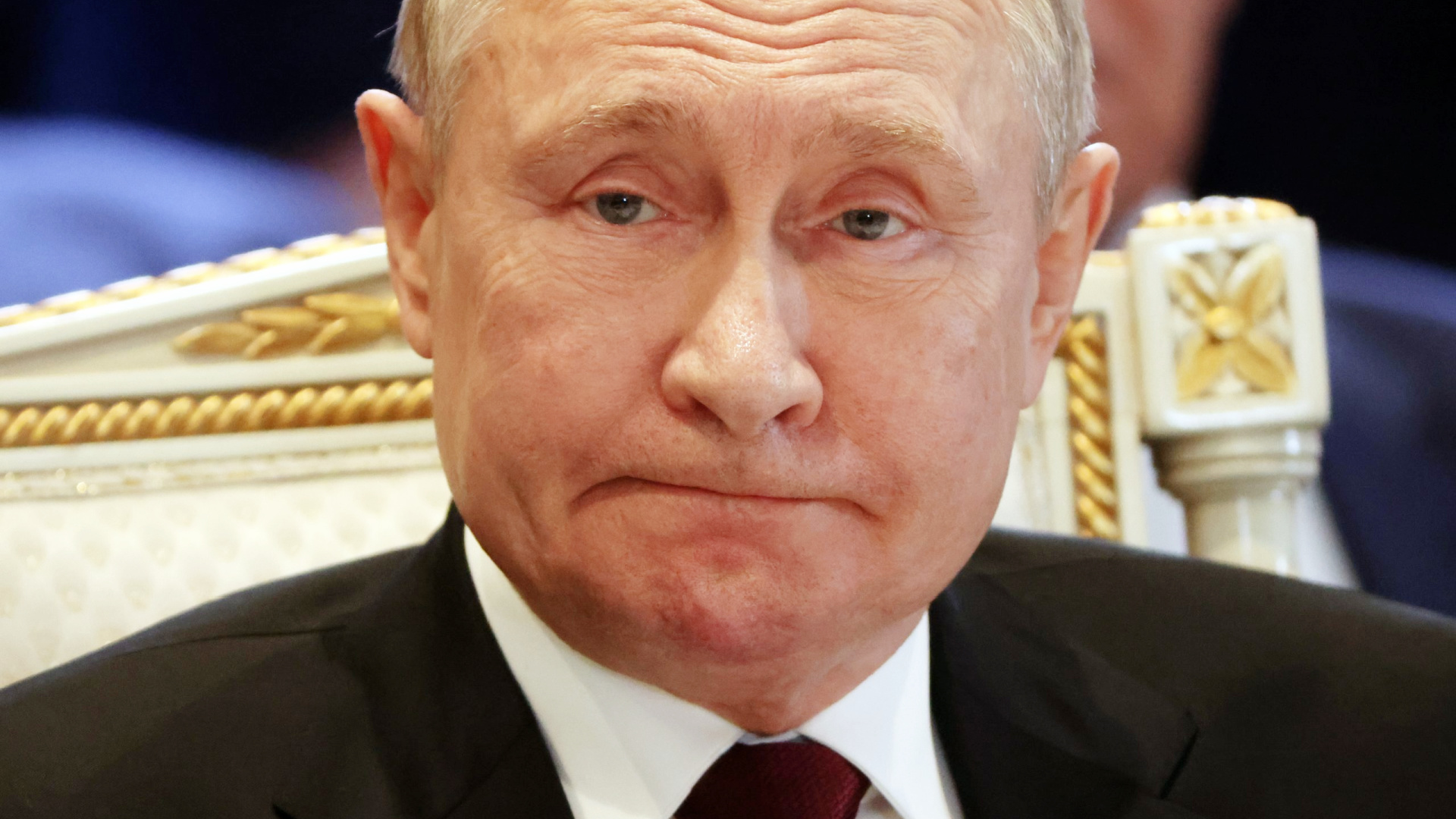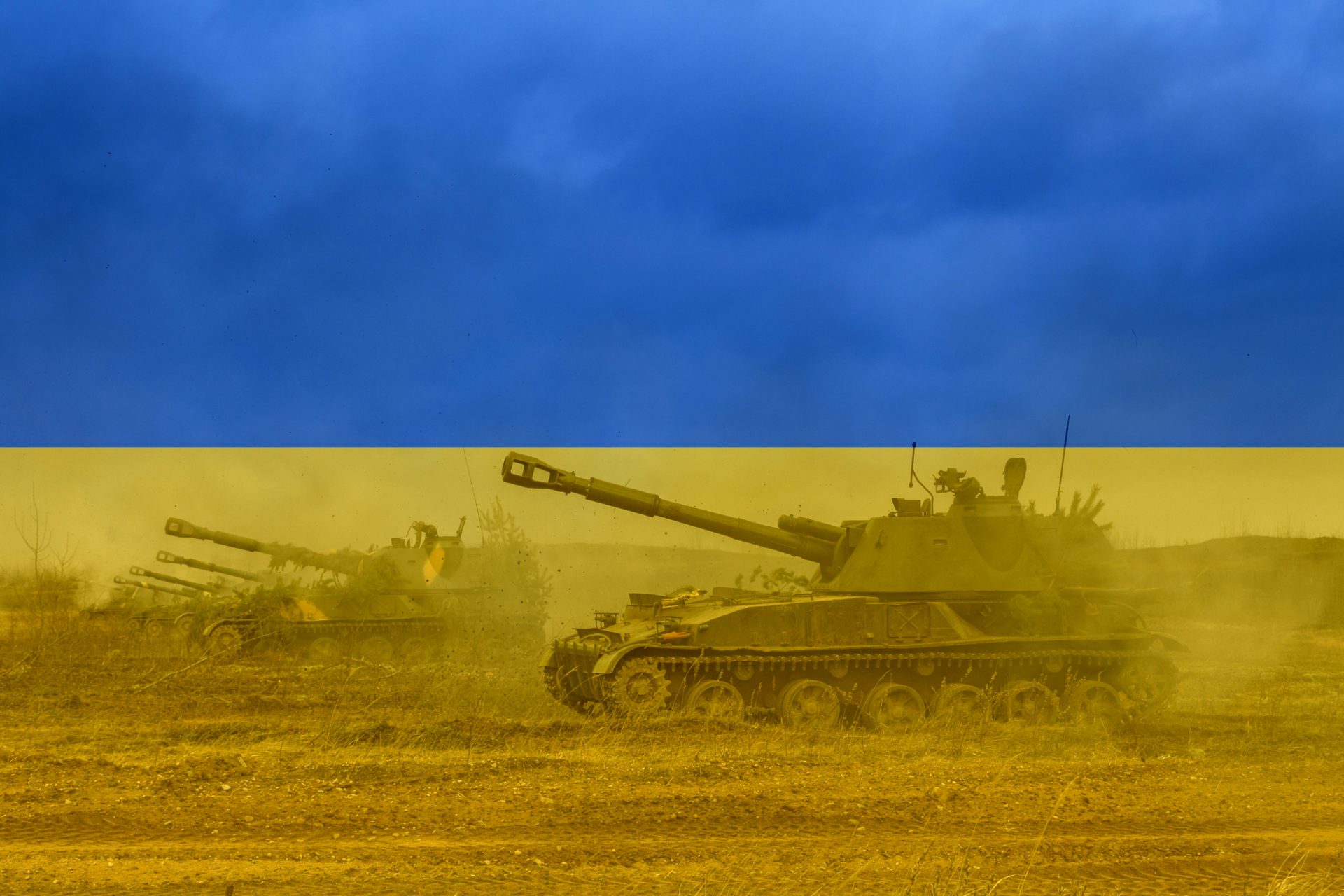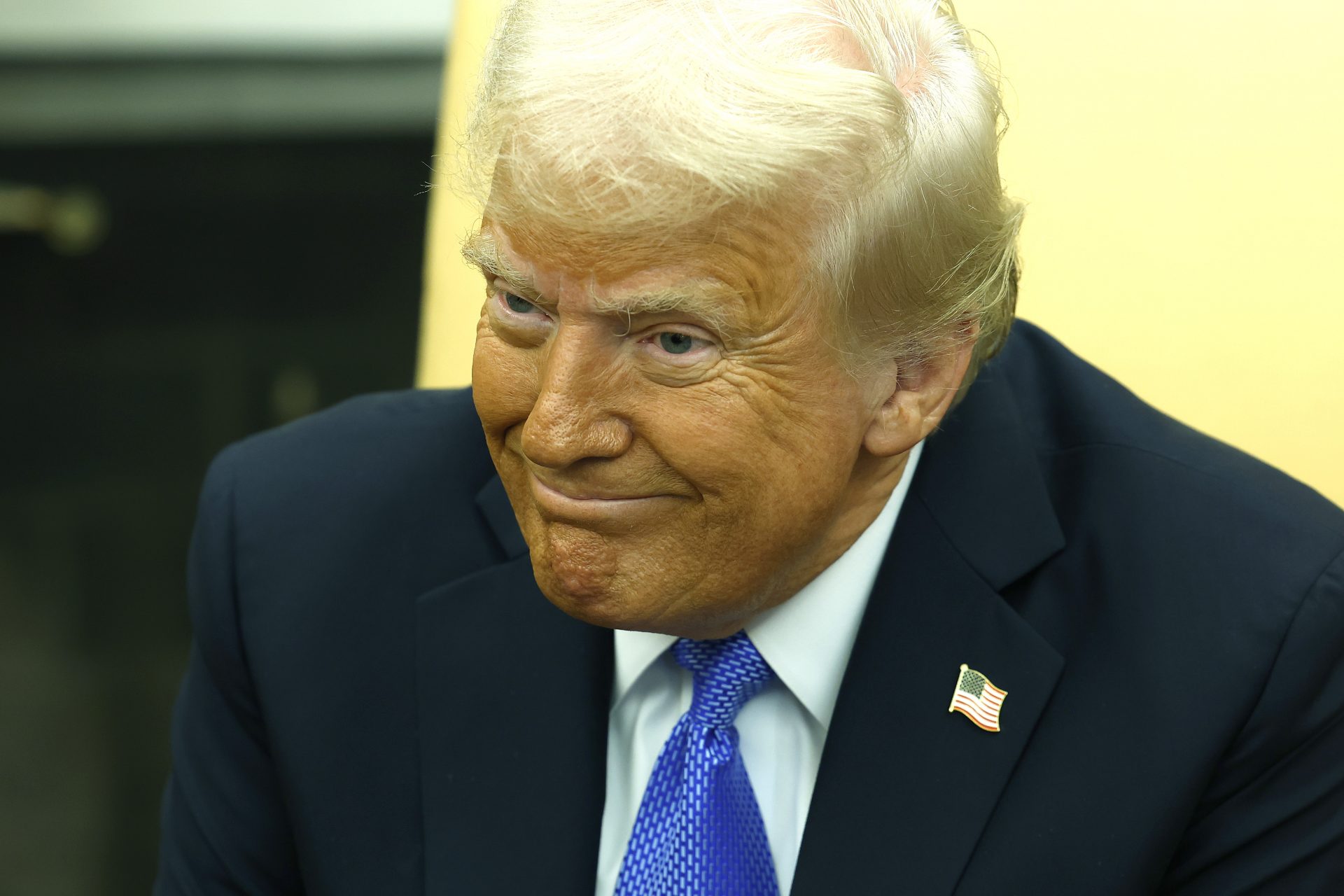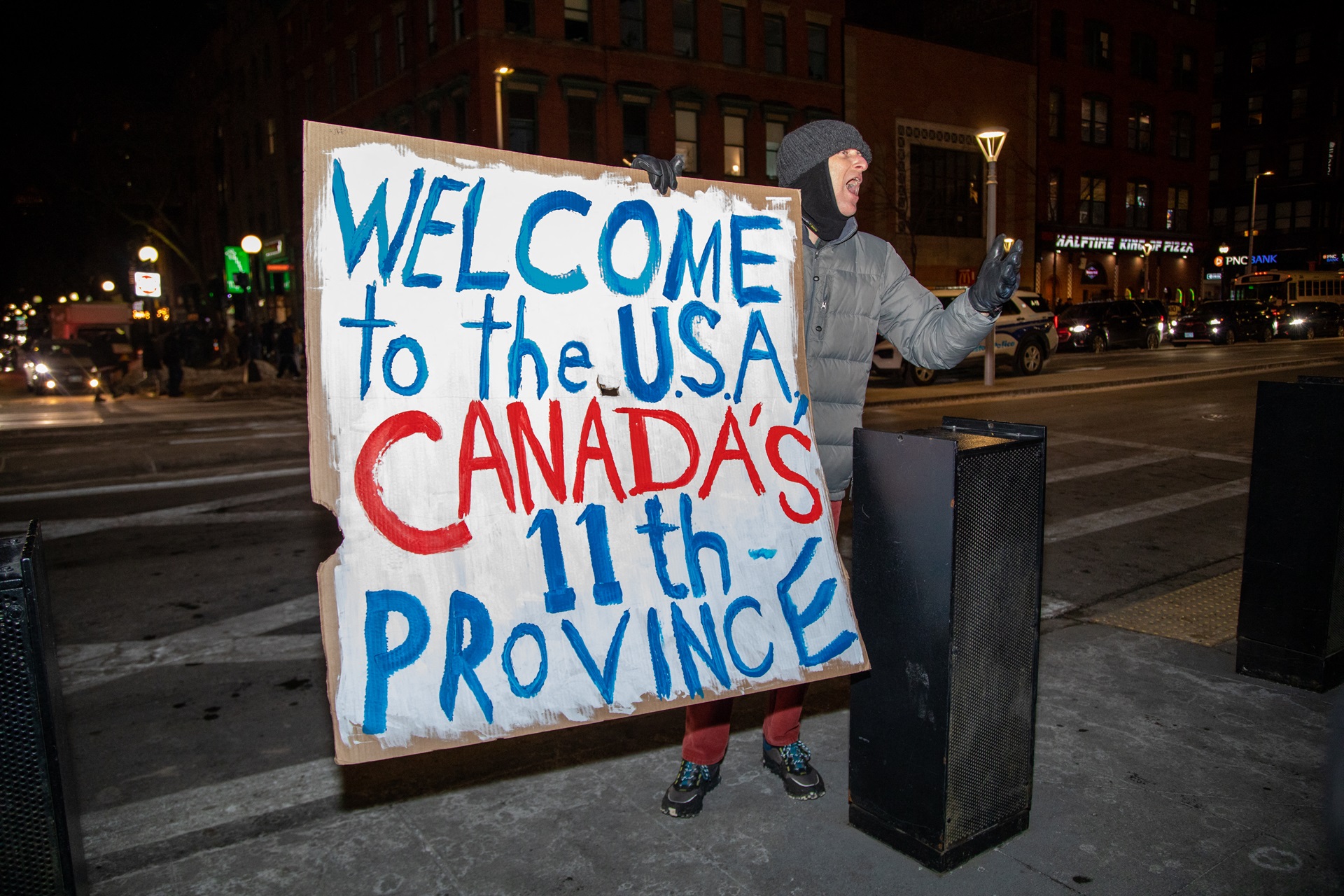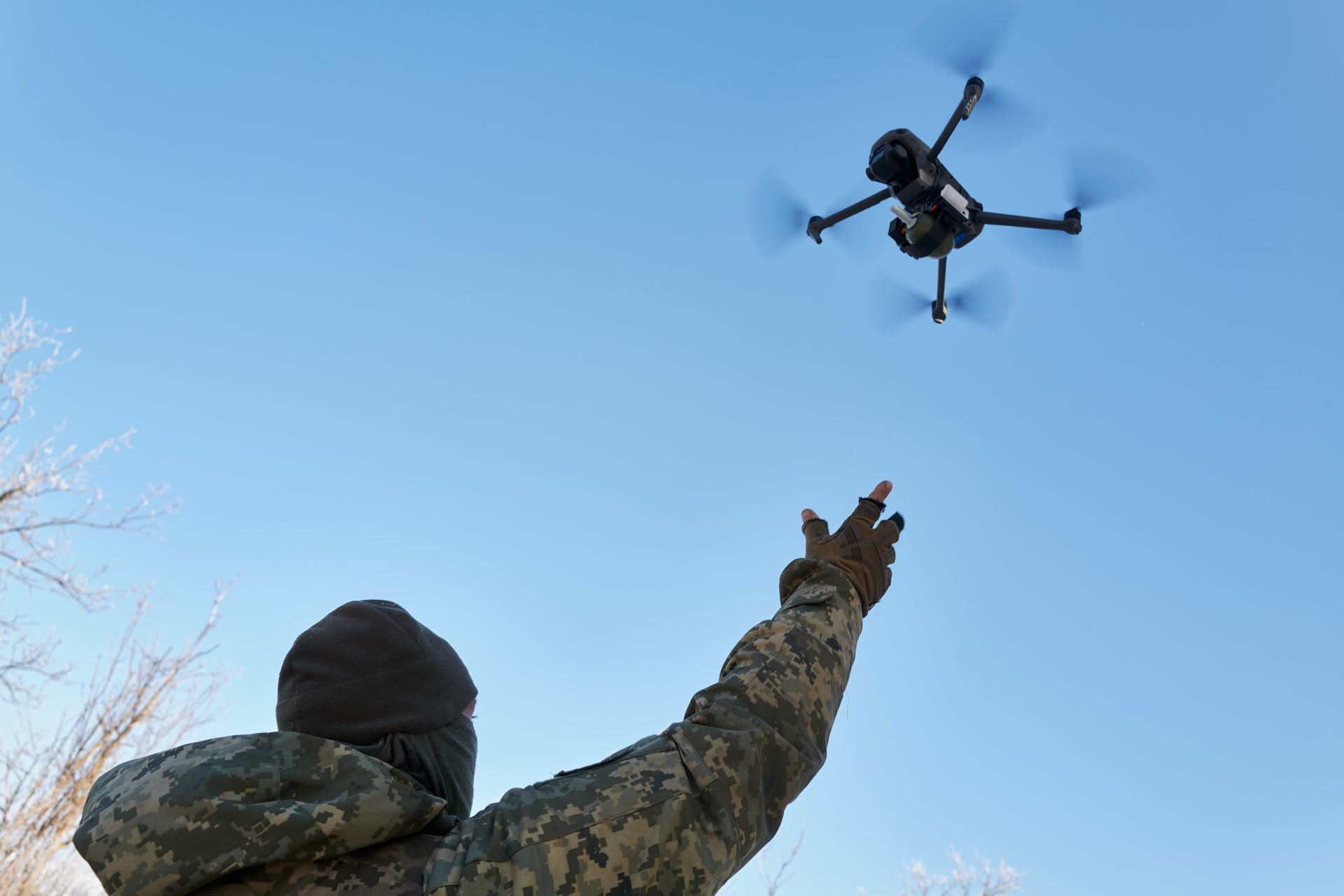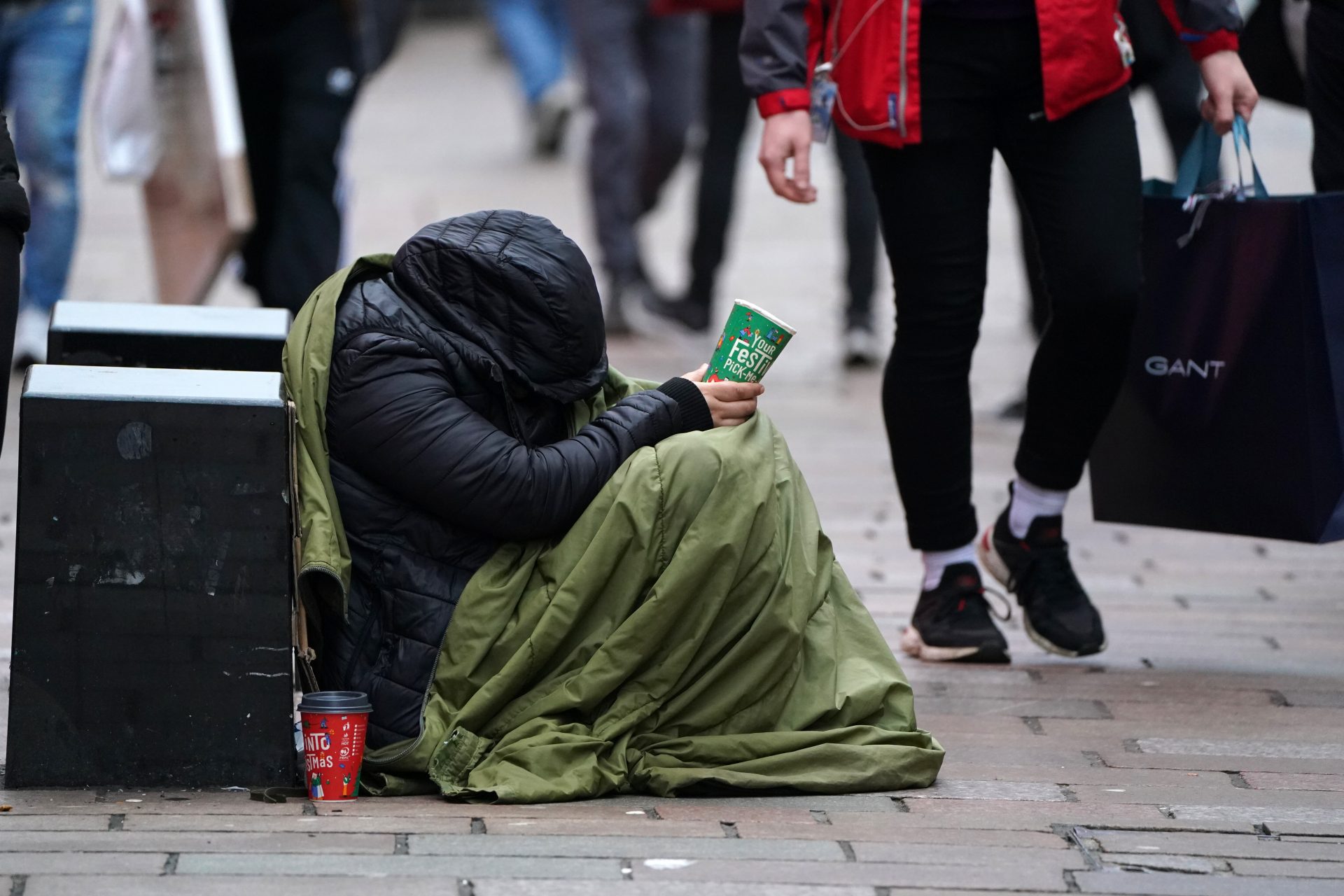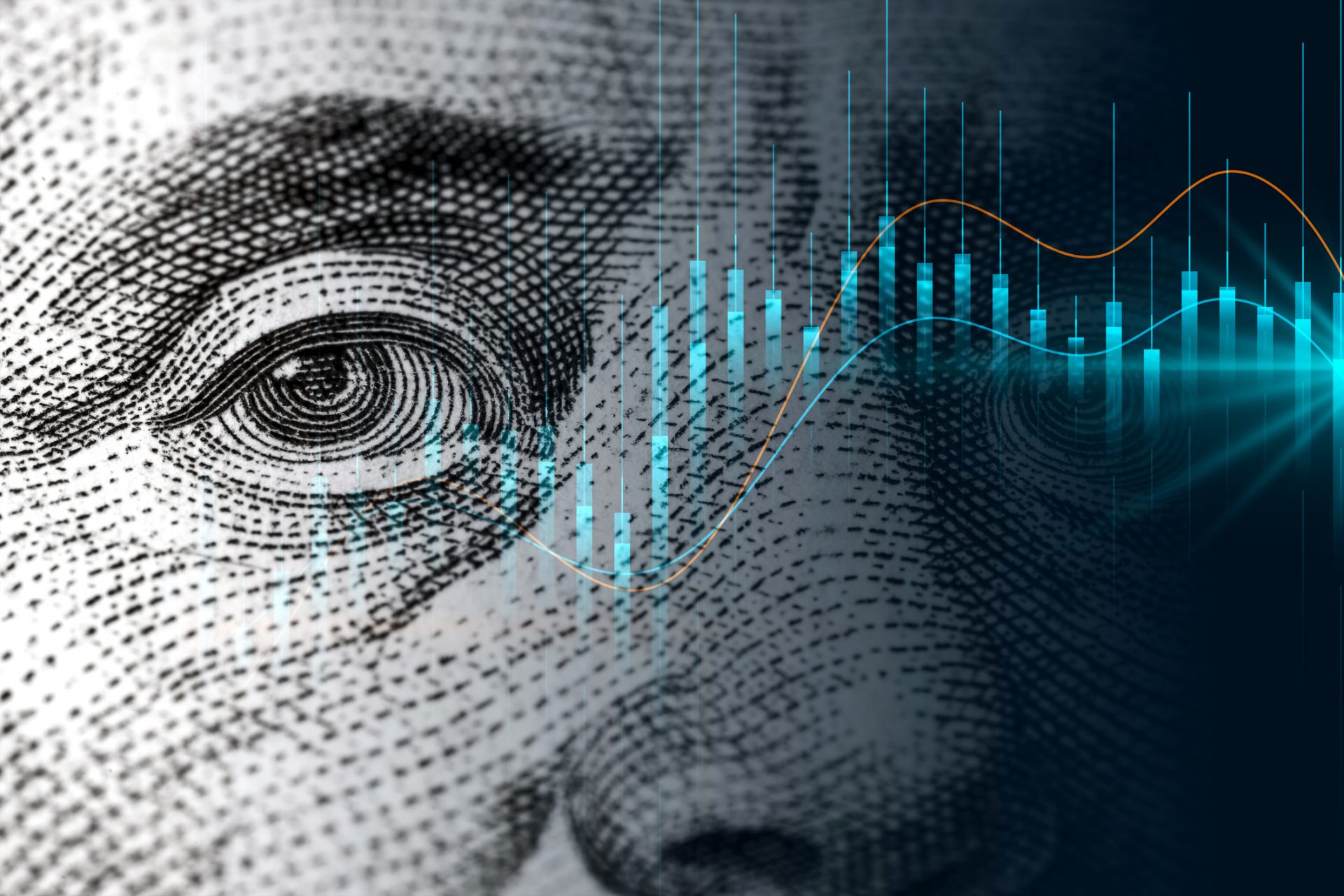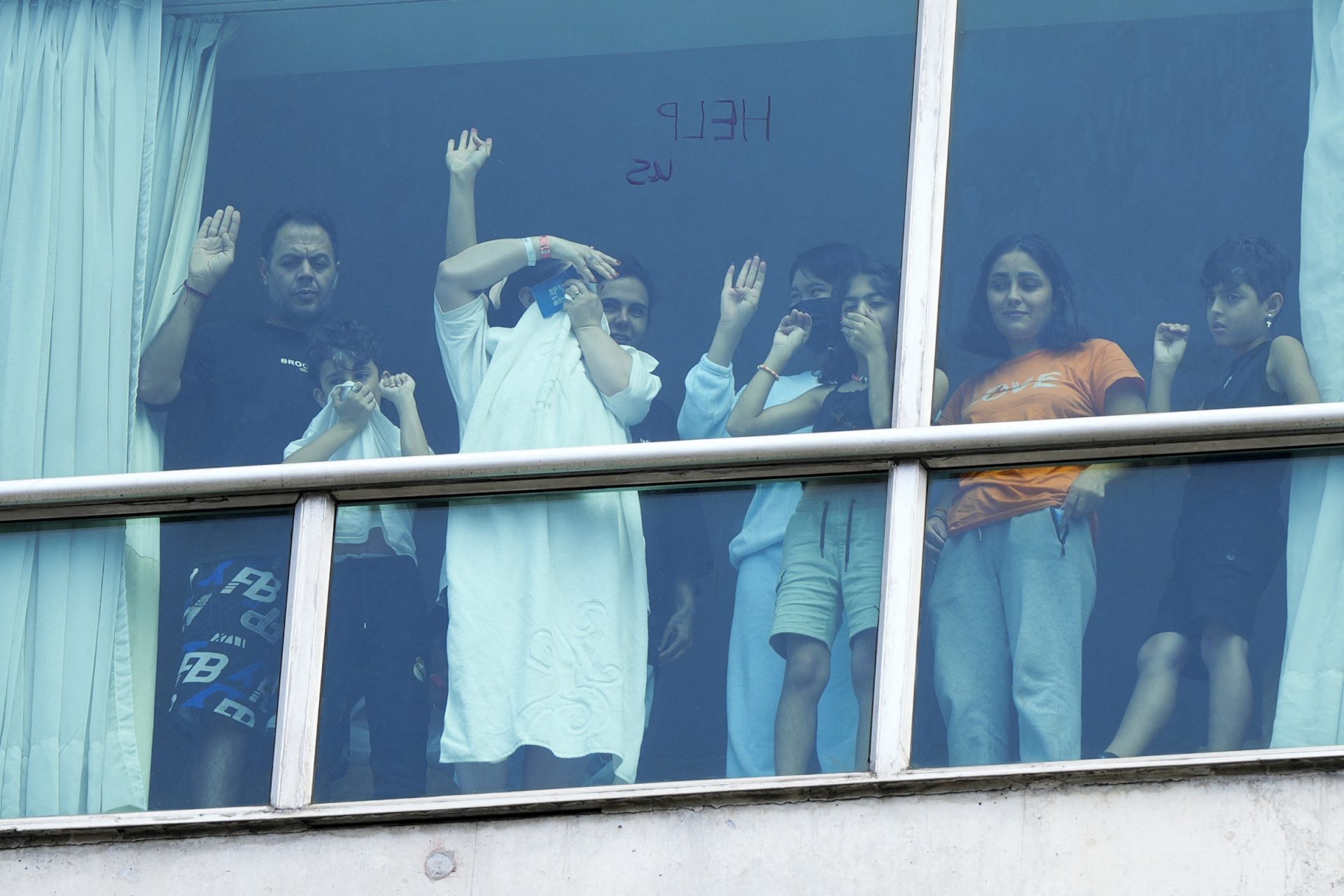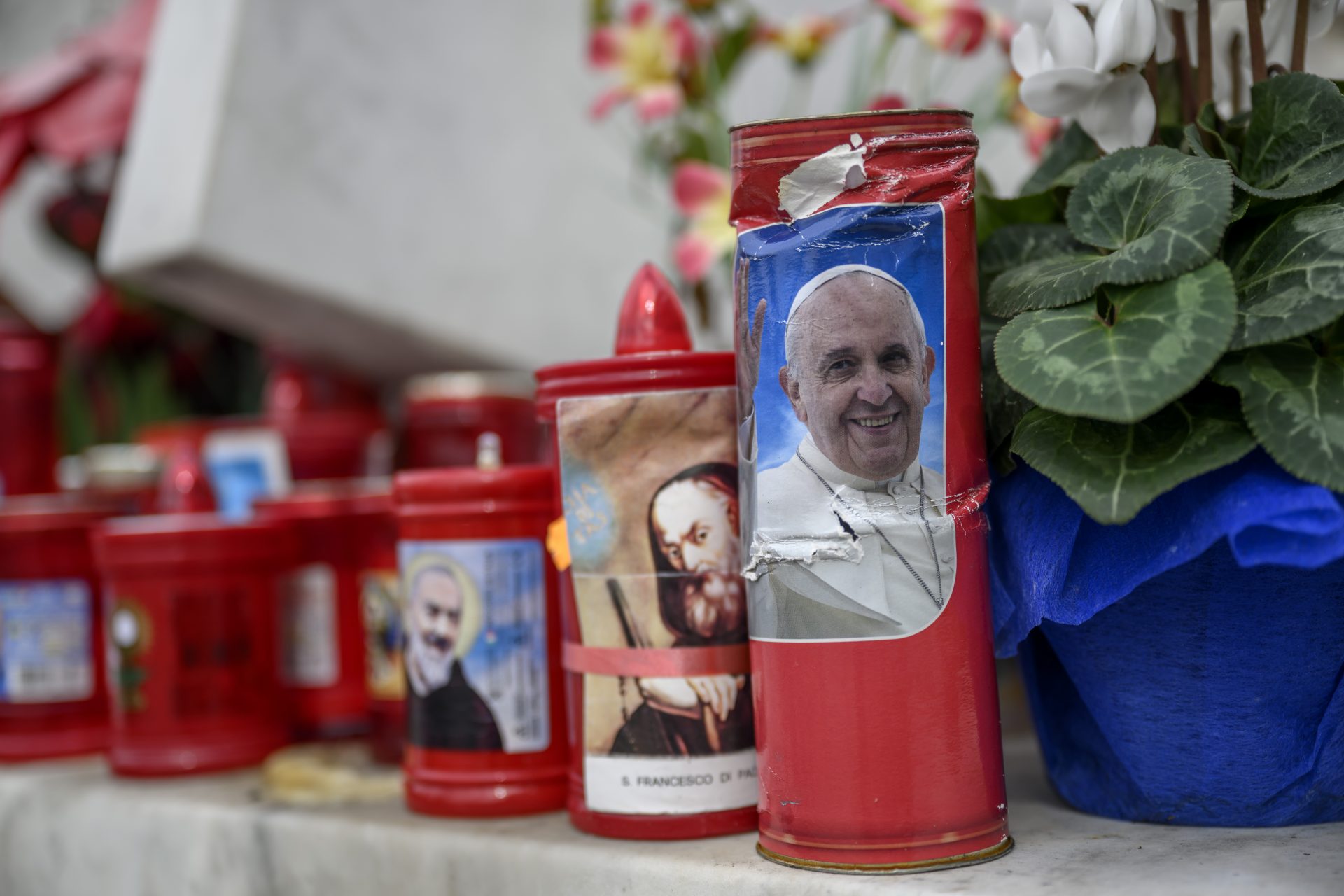Russian death economy: fallen soldiers are an asset for Putin
According to Vladislav Inozemtsev, a Russian economist, the family of a 35-year-old individual who serves for a year and subsequently dies in combat could receive approximately 14.5 million rubles, which equates to around $150,000. This sum includes both salary and compensation for death, reports the Wall Street Journal.
The amount doesn’t include bonuses and insurance payouts, and in some regions of Russia, it’s more than what a man would have earned as a civilian if he worked until the age of 60.
Moreover, in order to attract the largest number of recruits to the Ukrainian front, Vladimir Putin decided last July to double the monthly salary of contract soldiers.
This amount increased from 195,000 to 400,000 rubles (a little over 4,000 euros or 4,400 US dollars), the equivalent of ten times the average salary in Russia.
According to French newspaper ‘Le Monde’, a bonus of 1.2 million rubles (a little over 12,000 euros or 13,300 US dollars) is paid to contract soldiers when they enlist. Enough to attract the youth of a country where the income of a part of the population remains low.
Local authorities are involved in the aggressive recruitment campaigns. ‘Euronews’ reported that the Krasnodar region, a major supplier of recruits for the army, has increased the enlistment bonus to the equivalent of €16,000 ($17,700).
In addition to this tax-free income, there are a number of privileges for soldiers and their families, such as preferential mortgage rates, easier access to universities and high retirement pensions.
Recalling the existence of a death bonus of up to 11 million rubles (around 110,500 euros or 122,000 US dollars), ‘Le Monde’ indicates that "a strange economic model has thus emerged, according to which a dead Russian brings more to his family than a living Russian."
This phenomenon led Vladislav Inozemtsev, a Russian economist, to speak of a "death economy" driven by the income of fighters and investments in weapons.
According to the US-based expert, the Russian authorities currently spend between 1.5 and 2 trillion rubles (15.1 to 20.2 billion euros) per year just to pay military bonuses and salaries.
"This is unprecedented because Russians have always been sent to the army under duress or out of patriotism. Vladimir Putin has created a completely new reality," Inozemtsev adds.
"Russia is short of volunteers, but it does not want to repeat an unpopular mobilisation. That is why it continues to increase signing bonuses," Alexander Clarkson, a lecturer at King's College London, told ‘Euronews’.
How are such revenues possible in a country hit hard by Western sanctions? This is explained by a change in the economic model, characterized by massive state intervention in the economy.
Isolated from a big part of the world, Russia has turned to a war economy model in which the state supports growth through military spending and the payment of high incomes to part of the population.
According to the German newspaper ‘Die Welt’, Russia enjoyed an economic growth of 3.6% in 2023. The money supply (the amount of money in circulation) increased by 8.5% in the same year, after a 20% increase in 2022, with high inflation as a counterpart.
According to an analysis cited by the newspaper from the Oxford Institute for Energy Studies, a British research center, Russian economic expansion is linked to "aggressive military spending and consumption-driven growth."
The rise in consumption is itself "fueled by a sharp increase in payments to military personnel in war zones and their families, as well as by increases in pensions and social benefits."
Interviewed by the German media, Russian economist Oleg Viougin described his country as a "closed cauldron full of money", in reference to the increase in income and wealth since the start of the war.
This short-term growth should not, however, overshadow the limits of the new Russian economic model. Starting with inflation, recently estimated at more than 9% over a year by the Rosstat statistics institute.
Moreover, the mobilization of young men and the exile of Russian executives abroad are leading to a shortage of labor. And the massive recruitment of the army and the defense industry are penalizing the private sector.
"The Russian army must now compete with the Russian military industry, which is booming and also hungry for workers," adds ‘Euronews’. The outlet describes a dilemma for the country's elite between recruiting soldiers and workers.
"The government is injecting a lot of money into the arms industry, but without innovating," says Alexandra Prokopenko, a visiting researcher at the Carnegie Russia Eurasia Center in Berlin, quoted by ‘Le Monde’.
"Human resources are a real constraint. The low unemployment rate is not due to the success of the Kremlin's economic policy; in reality, many economic sectors are short of workers," the expert adds.
Can this situation of economic overheating, marked by inflation and labor shortages, last? For Vladislav Inozemtsev, the answer is yes.
Indeed, Russia's status as "the world's largest exporter of raw materials" gives it "the revenues needed to produce weapons and pay the military sent to the front."
"Returning to a situation of peace, in which such expenditure would be unjustified, and demobilizing an army of criminals would prove very dangerous," the economist adds.
According to him, Moscow can maintain this morbid economic model "for at least five to six years, which is much longer than Ukraine can endure." So Kyiv cannot yet count on the possible exhaustion of the invader.
Never miss a story! Click here to follow The Daily Digest.
More for you
Top Stories



